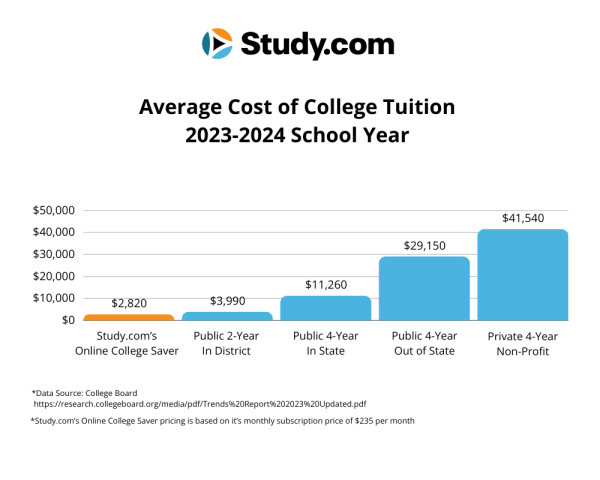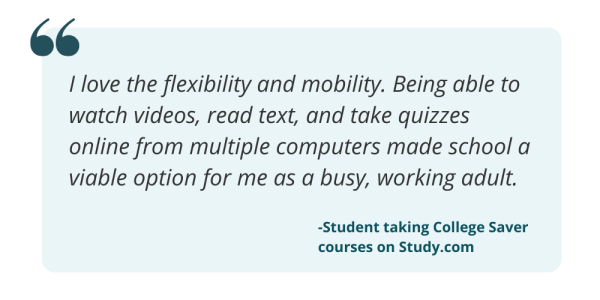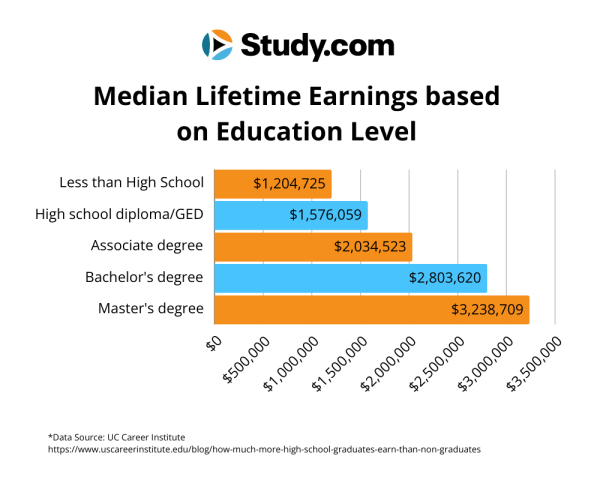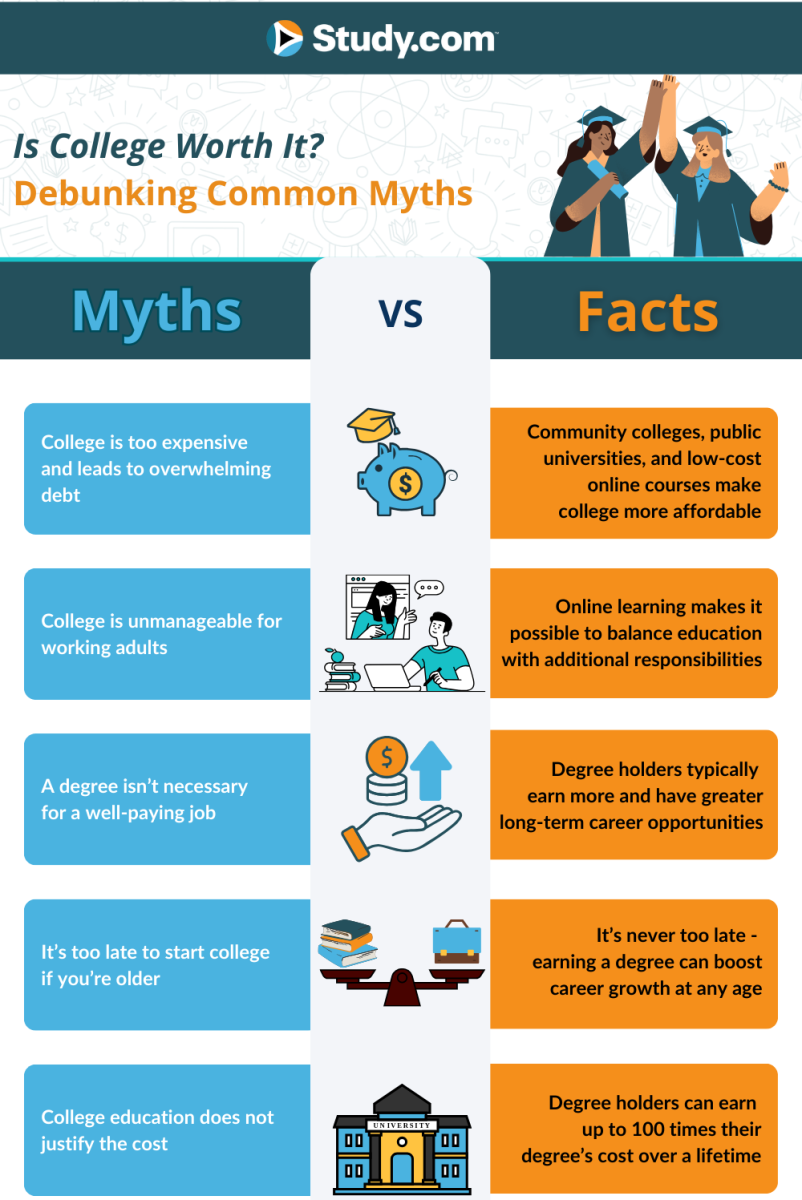Reading the news today, you might wonder if earning a college degree is still worth the investment. With stories of declining enrollment, rising student debt, and the growing success of high-profile entrepreneurs who skipped college altogether, it’s no surprise many are questioning the value of a degree. Yet, despite these concerns, college remains a smart choice for most people. In this article, we’ll separate fact from fiction – debunking myths, exploring affordable pathways, and showing how college may still be a valuable investment in your future.
Myth 1: College is always expensive and leads to insurmountable debt
Fact:
While traditional four-year colleges can come with a hefty price tag, there are numerous strategies to manage and reduce higher education costs.
Community colleges, also known as two-year colleges, offer a cost-effective start with the potential to transfer credits to a four-year institution. The average yearly cost of tuition at a community college is approximately $3,990 per year, compared to roughly $11,000 per academic year for an in-state public 4-year institution and approximately $42,000 for a private non-profit 4-year college.
A wealth of scholarships and grants are also available to help offset costs, and they don’t need to be repaid. To take full advantage of these, remember to fill out the FAFSA to see what government aid you may be eligible for.
Another affordability game-changer is the rise of virtual education programs like Study.com’s College Saver, which offers affordable online college courses. These programs provide flexible, transferable, and significantly less expensive college courses. By taking just a few courses through programs like College Saver, you can save thousands of dollars off your total degree cost.

Myth 2: College is too large of a time commitment for working adults
Fact:
It’s true that working adults would likely find it challenging to complete a traditional, full-time, on-campus college program while also managing job and family responsibilities. The good news is that many higher education programs now cater specifically to working adults, offering flexible and streamlined paths to a degree.
Online education has revolutionized learning by offering the flexibility to attend classes and study outside of conventional weekday hours. For instance, many online programs provide asynchronous learning, enabling students to earn transferable college credits at their own pace and on their own schedule. Additionally, with year-round enrollment options, working adults can start and progress through their programs whenever it best suits them. This flexibility makes college a realistic and achievable goal for those balancing work, family, and education.

Myth 4: It’s too late to start college when you’re older
Fact:
Higher education is not just for the young. Today, many students are returning to college at different stages of life. According to NCES, in fall of 2021, about 6.4 million students aged 25 and older were enrolled in an undergraduate program in the US.
If you have work or family responsibilities, flexible learning options make it easier than ever to balance your education with other commitments. With Online College Courses, you can study on your own terms, fitting education around your schedules rather than the other way around.
Even if you missed starting college earlier due to financial constraints, responsibilities, or other reasons, it’s never too late. Wherever you are in life, earning a degree can open doors to career advancement, promotions, or learning new skills. Plus, your life experience gives you a unique perspective, allowing a deeper understanding of course material and making your learning journey even more rewarding.
Myth 5: College education does not justify the cost

Fact:
It’s true that the cost of a college education can seem daunting. The average total cost of attendance for first-time, full-time degree/certificate-seeking undergraduate students at a public university in the 2022-20233 school year is $27,146, including cost of living on campus, according to the National Center for Education Statistics (NCES). Given this sizable figure, it’s easy to see why some might question whether a college degree is worth the investment.
However, when we compare the cost of a degree to the earnings potential, the return on investment becomes clear. The average median income for a bachelor’s degree holder across their lifetime is $2.8 million, meaning that, in many cases, degree holders can earn up to 100 times the cost of their degree.
Moreover, the value of a college education extends well beyond its immediate costs. Students gain access to a wealth of resources, networking opportunities, and mentorship that can pave the way for future success. These opportunities, combined with the long-term financial benefits, make investing in higher education truly a worthwhile endeavor.
To find out more, you can visit https://study.com/resources/is-college-worth-it-myths-facts.html!









